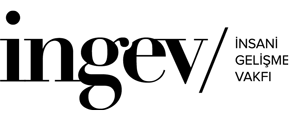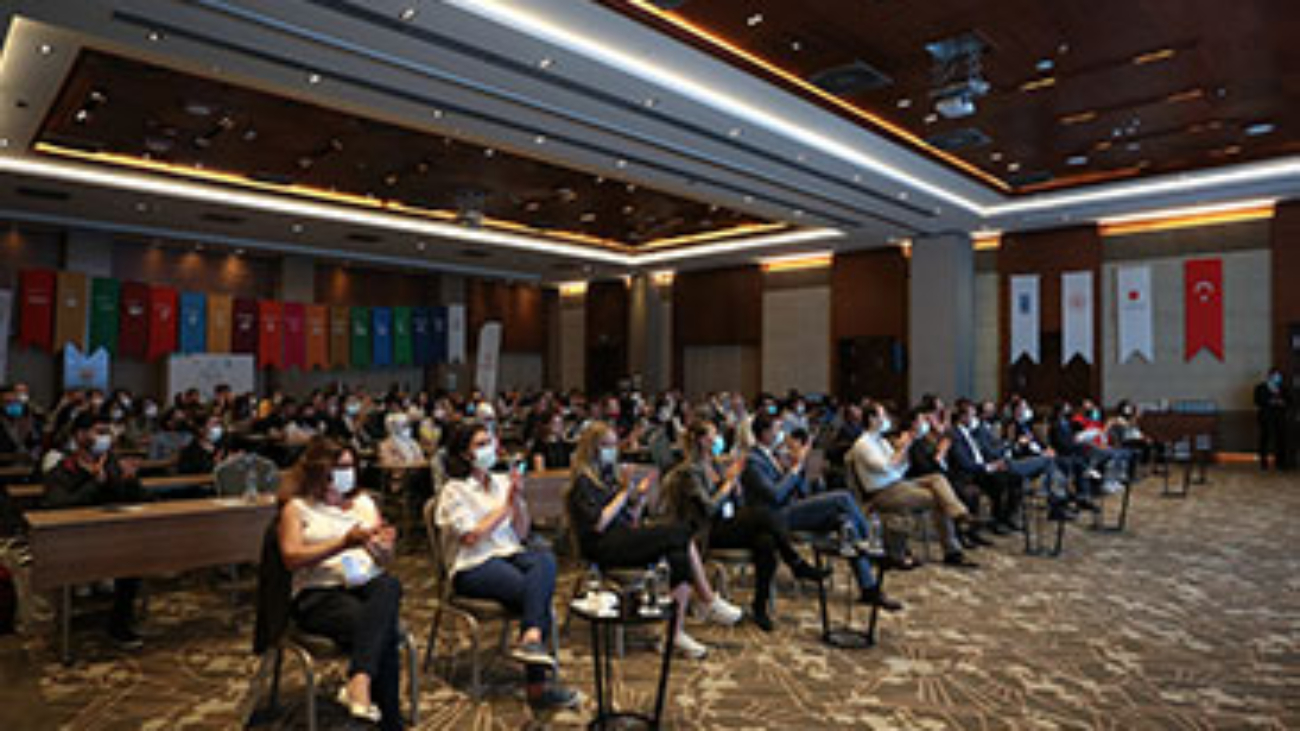SMEs are the most important actors in the Turkish economy in terms of economic growth, exports and job creation. Restructuring can go a long way towards improving these firms’ capacities.
The “SME Growth Program”, in collaboration with International Labor Organization (ILO), will contribute to the restructuring process of small-scale businesses through business development initiatives and financial support. In addition to using local and international networks, attempts to improve digital transformation will take place in order to maximize productivity, as well as improve SMEs’ competitive edge and working conditions.
The first stage of the SME Growth Program provided mentorship services in accordance with the needs of businesses in the business development and digital transformation fields. Mentors will be working with 30 businesses from various sectors in Istanbul, offered 180 hours of mentorship. Designated digital transformation areas will be financed after these mentorship services. During the second stage of the program financial support up to 30,000 TL for eight businesses will be available.
The SME Growth Program is financed by the ILO Office for Turkey.

